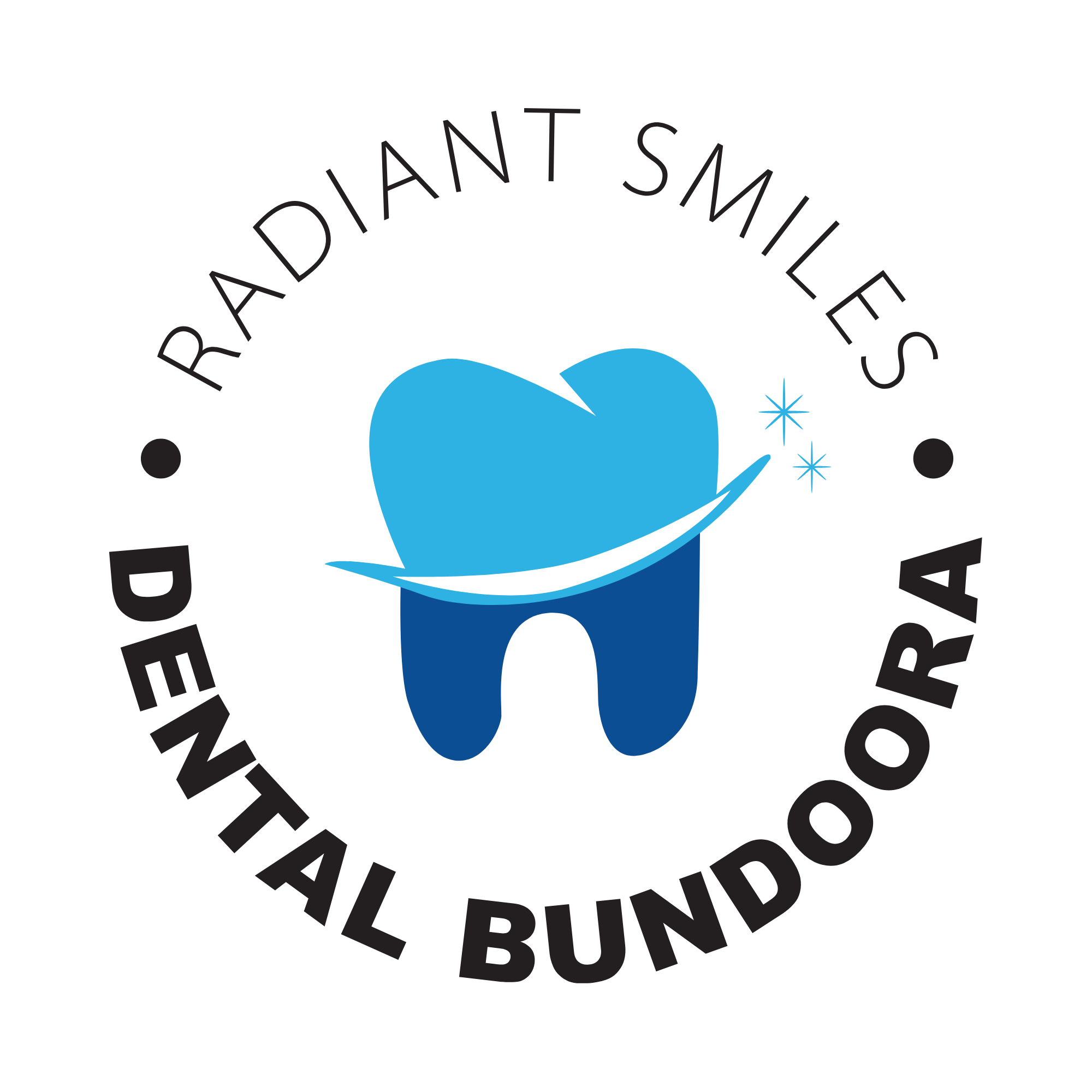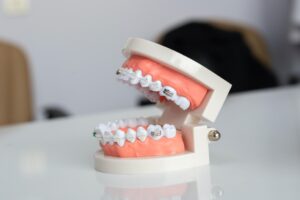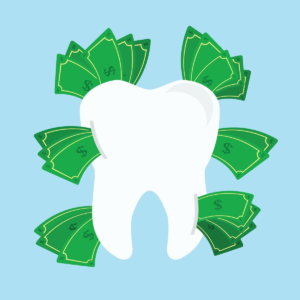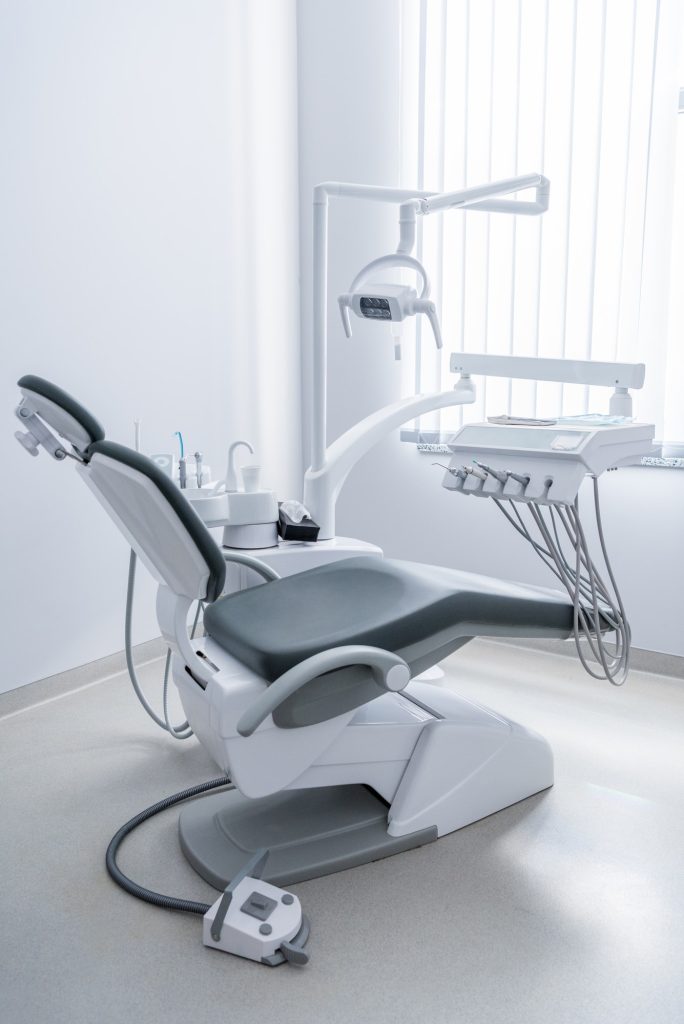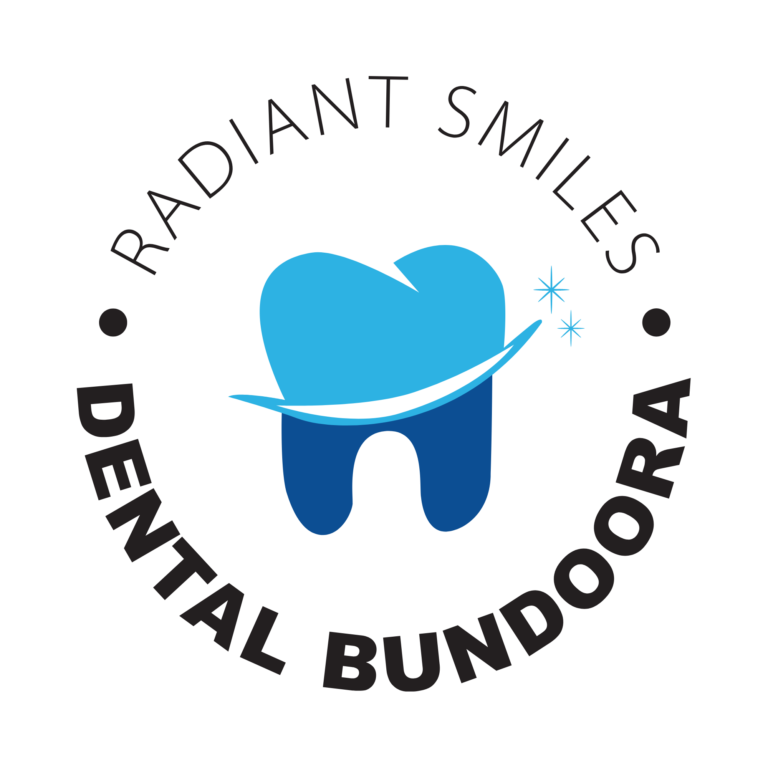[et_pb_section fb_built=”1″ _builder_version=”4.16″ _module_preset=”default” global_colors_info=”{}”][et_pb_row _builder_version=”4.16″ _module_preset=”default” global_colors_info=”{}”][et_pb_column type=”4_4″ _builder_version=”4.16″ _module_preset=”default” global_colors_info=”{}”][et_pb_text _builder_version=”4.17.4″ _module_preset=”default” global_colors_info=”{}” hover_enabled=”0″ sticky_enabled=”0″]
Whether you are a current denture wearer or thinking about dentures as a replacement for your damaged or missing teeth, it is a smart idea to consider the kind of care that dentures require. Dentures are false teeth, and they demand a different care routine than your natural teeth or even dental implants.
Prevent fungus, mouth ulcers, and other problems with your dentures by learning the basics of denture care. By knowing how to clean dentures properly, you can avoid the common risks associated with wearing false teeth and keep your dentures in good condition.
How to Clean Dentures?
Cleaning false teeth is easy, especially if you develop a routine that you implement every day. Your daily denture cleaning routine should include the following actions.
-
Brush Two Times Per Day
Using a soft-bristled toothbrush, take your dentures out and brush them two times daily. Never use a hard-bristled brush or other cleaning utensils on your dentures, and also avoid using toothpaste. Get a denture cleaning solution or simply use soap and water for cleaning false teeth. Remember to rinse your dentures after brushing.
-
Use Warm, Not Hot Water
Rinse your dentures with warm or cool water. Hot water warps the shape of your denture plate, so stick to less extreme temperatures.
-
Let Your Dentures Soak Overnight
To soak your dentures overnight, place them in a one-to-one mixture of lukewarm water and white vinegar or a denture-soaking solution. Dry dentures can become brittle and crack; soaking them overnight keeps them moist while they aren’t in your mouth.
-
Handle Your Dentures With Care
To prevent damage to your denture set, use a clean, gentle towel when handling them. If you grab them with your hands, make sure to wash your hands to remove any germs before handling your dentures.
-
Brush Your Gums
Your gums provide the base for your dentures, so keeping them healthy is vital to denture health as well. Lightly brush your gums with regular toothpaste to remove any debris or plaque which can irritate your gums and cause an infection.
-
Rinse Your Dentures After Eating
It may seem like a hassle, but it is important to remove your dentures and rinse them after every meal. This removes food particles that can become stuck and cause oral lesions or fungal growth.
-
Take Your Dentures Out Before Going to Bed
Besides the risk of your dentures becoming dry and brittle, taking them out before sleeping is a good idea because they can interfere with your sleep quality. Your denture set might make breathing harder at night, causing you to wake up often. Take them out and put them in a recommended soaking solution.
-
Visit Your Dentist Regularly
 The last step in learning how to clean dentures properly is to know when to visit the dentist. Although this isn’t a cleaning tip, it is essential to remember that you should see a dentist as soon as possible if you have any issues with your denture set.
The last step in learning how to clean dentures properly is to know when to visit the dentist. Although this isn’t a cleaning tip, it is essential to remember that you should see a dentist as soon as possible if you have any issues with your denture set.
They can assess what change in your cleaning routine is needed or whether you need a replacement set to fix the problem.
Attending routine dental appointments is a great way to protect your dentures by stopping problems before they start.
Risks Associated With Poor Denture Care
There are several harmful effects that improper denture care can have on your dental and overall health. Dentures can last between 10 to 15 years if well taken care of, so you want to avoid the following risks by implementing a proper denture cleaning routine.
-
Mouth Lesions
When food particles become trapped between your dentures and your gums, they cut into the soft tissue and create oral lesions. These lesions are painful and can become infected, turning into mouth ulcers. If left untreated, this type of infection can lead to many other health problems, in addition to making it hard to chew or talk with your dentures. If you don’t rinse and brush your dentures properly, you may experience these types of cuts in your mouth.
-
Warping
If you use hot water to rinse your dentures or do not take them out at night to soak, you will inevitably shorten the life of your denture set. The false teeth and fitted plate becomes warped, leading to infections due to the poor fit to your gums. This is why using the appropriate temperature and solutions to clean your dentures is critical to their longevity.
-
Thrush
Thrush is a common fungal infection in denture wearers who don’t know how to clean dentures properly. Thrush causes mild to severe discomfort in the form of itchy gums and unpleasant tastes and smells in your mouth. It grows on the roof of your mouth and your gums under your dentures when they aren’t washed and rinsed according to a good care plan.
-
Staining
Dentures become discoloured or stained when they are not cleaned routinely. Unlike natural teeth, you cannot use whitening products on dentures. Therefore stains or discoloured patches remain on your dentures until you replace them. Avoid wearing old or worn-out looking dentures by keeping them clean with diligent daily brushing and rinsing.
Set Up Your Next Appointment
If you need more tips on cleaning your existing dentures or would like to see a dentist about getting fitted for your first denture set, Radiant Smiles Dental Group is happy to help. Book an appointment online with our caring team of dentists and staff, or call (03) 9000 0537 to set up a consultation today.
[/et_pb_text][/et_pb_column][/et_pb_row][/et_pb_section]
 Now
Now